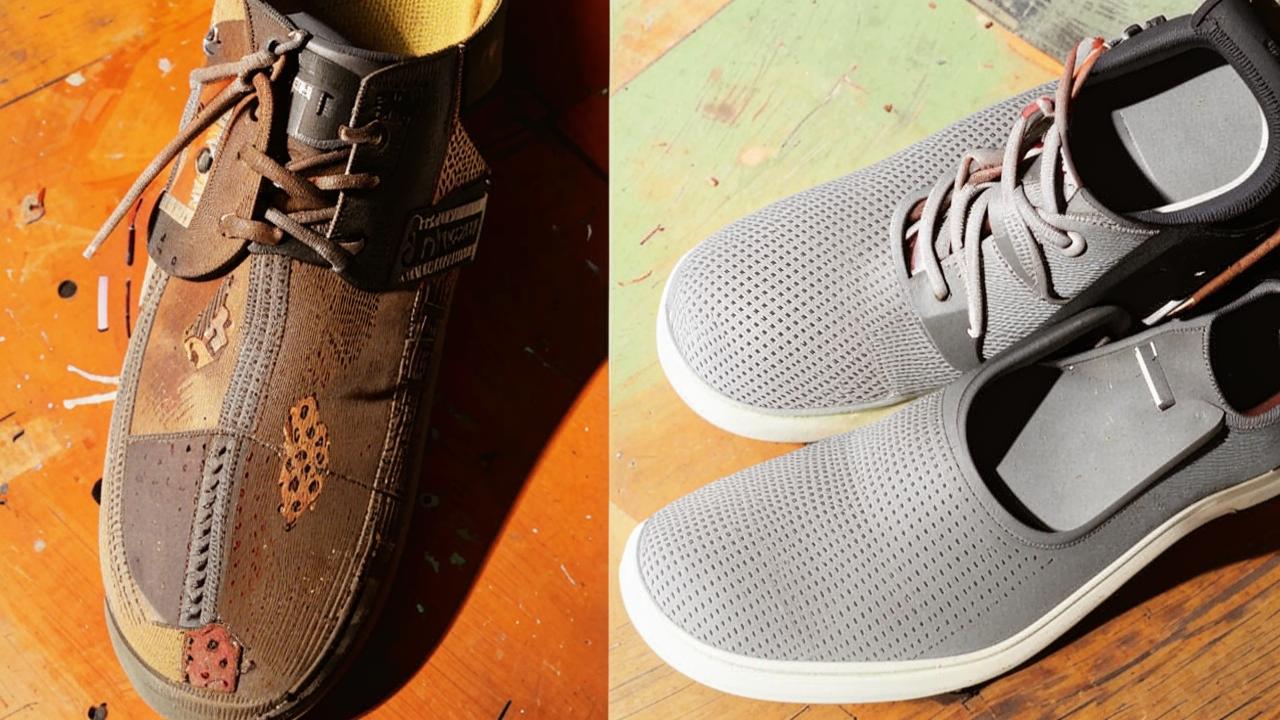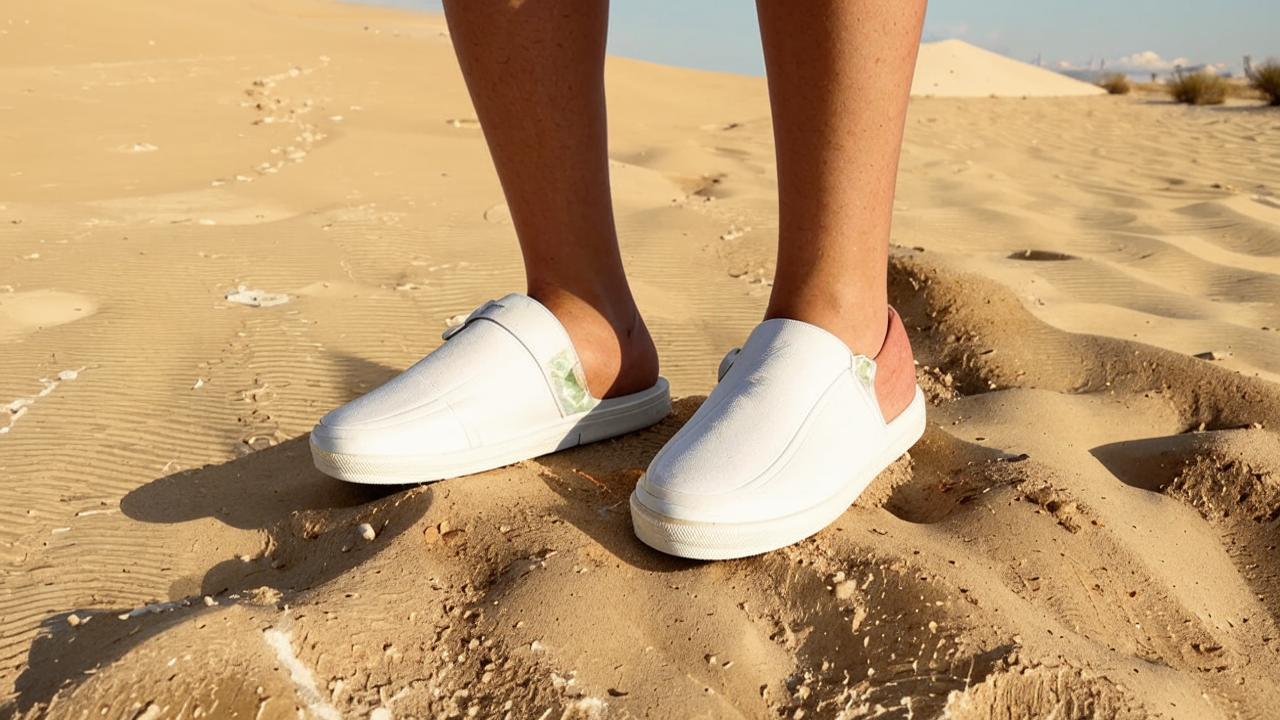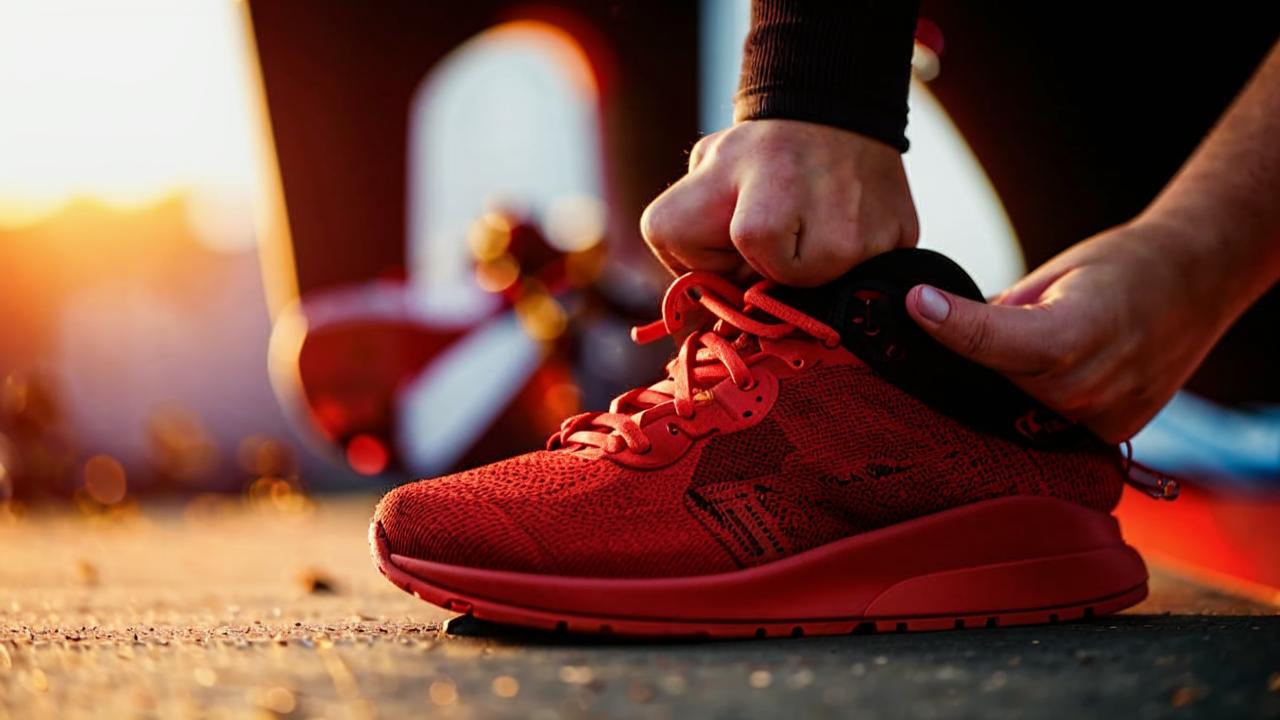
founder of the Comfers brand
“Everyone knows how important it is to have comfortable and stylish shoes in your closet. Most of us have more than one pair in our arsenal. And that’s understandable. Walking in the same every day is simply boring. However, few people know that shoe variety is not a whim, but a necessity. Wearing the same pair every day is bad for the health of your feet. What other nuances need to know, so that the choice of shoes for every day was successful? Let’s look at the nuances”.
Why shouldn’t you wear the same pair all the time?
When we wear the same shoes every day, we don’t give them a chance to “rest”. Shoes need to air out and recover their shape. Without time to recover, even quality models quickly lose their look. Creases and cracks appear. Shoes lose their shape and wear out faster. To extend the life of your favorite pair, give it a “rest” at least one or two days a week. Just alternate with other shoes.
Signs of an unsuccessful pair for every day
1. Narrow toes
Shoes with narrow toes, whether they are derbies, oxfords or kazaks, look elegant, but can harm your toes. Prolonged wearing of such a pair causes constant pressure on them. This leads to deformities, formation of calluses and corns. Even men often suffer from valgus deformity of the big toe, which is commonly called “ossicle”. To avoid these problems, choose shoes with a wider toe box.

2. Flat soles
Sneakers and espadrilles are stylish and comfortable, but wearing flat-soled shoes every day can lead to heel, knee and lower back pain. Such models do not support the foot and do not compensate for the shock load when walking on hard surfaces. This nuance is especially important for people who are overweight or flat feet. To keep your feet healthy, choose models with arch support and cushioning.
3. heavy and stiff soles
Massive boots or rough sneakers with stiff soles may be fashionable, but they fatigue your feet quickly. Wearing these models on a daily basis requires more effort when walking, causing muscle aches and fatigue. For everyday use, it is better to choose lightweight and comfortable shoes with flexible soles, which provide comfort and reduce stress on the feet.
4. Synthetic materials
Shoes made of synthetic materials (especially those with neoprene lining) do not allow the feet to breathe. This leads to increased sweating, unpleasant odor and increases the risk of fungal infections. Synthetics create a greenhouse effect for your feet, making them damp and odorless. To avoid these problems, choose shoes made of natural materials such as leather or cotton.

What does your doctor say?

Orthopedic surgeon
“Health and a beautiful gait depend on whether the right shoes are chosen and how well they fit the wearer. I advise to give preference to models that are designed for everyday wear. Comfortable boots, shoes, moccasins made of natural materials were originally created for this purpose and meet the necessary criteria”.
It is necessary that the sole is sufficiently dense, but at the same time flexible. Preference should be given to natural materials. Shoes should be sized – not too tight, but also not wide, so that the foot “did not walk”. It is good if there is a small supinator. Back, sides and sides that hold the foot, should be dense.
In addition, it is recommended to take into account the seasonality, and not to test the fate of one sneaker for all occasions. In summer, shoes should be light and open, and in winter – insulated.
What pair to choose?
So, when choosing shoes for everyday wear, pay attention to models with foot support, good ventilation and shock absorption. Avoid flat, thin, stiff and heavy soles, as well as shoes with neoprene lining and a narrow toe. Your feet deserve the best, and the right shoes will help you feel comfortable and stylish every day.

Is it okay to wear sneakers every day?
Evgenia Zaitseva, orthopedic surgeon:
“Sneakers for everyday wear have a too soft sole, which does not properly fix the foot. Because of this, the center of gravity of the body is shifted forward, increasing the load on the spine and the joints of the lower limbs – knee and hip. And since the sneakers themselves are made of a fairly soft, elastic material, the foot literally falls inside. The risk of developing flat feet increases.
Also with everyday wear sneakers significantly overload the muscles of the lower limbs. People complain of heaviness in the legs. There is fatigue, muscle cramps.
Sports sneakers are designed for a certain load and are intended for specific types of activity and loads. That’s why they are often not suitable for everyday walking”.
Choosing the right footwear plays a key role in maintaining healthy feet and overall comfort. Pay attention not only to appearance, but also to functionality. Your feet will thank you!





